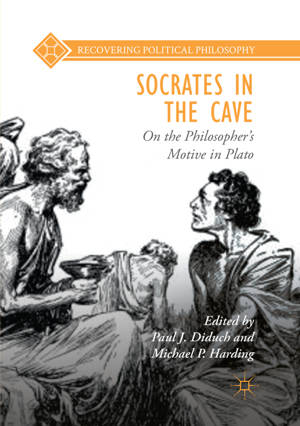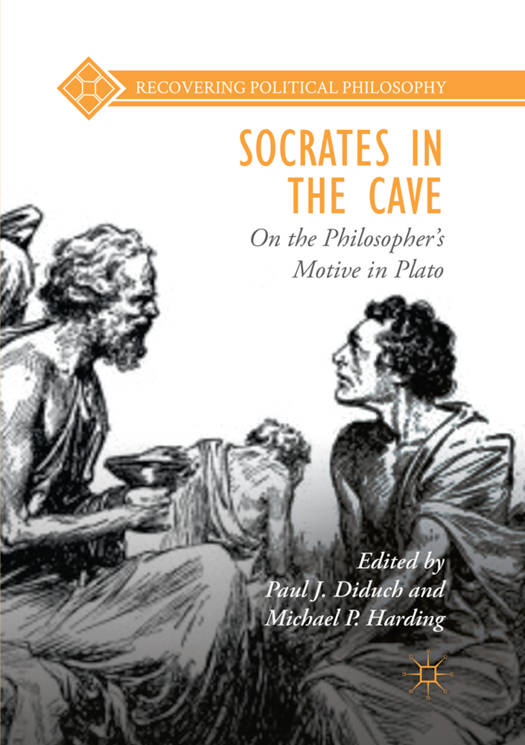
Je cadeautjes zeker op tijd in huis hebben voor de feestdagen? Kom langs in onze winkels en vind het perfecte geschenk!
- Afhalen na 1 uur in een winkel met voorraad
- Gratis thuislevering in België vanaf € 30
- Ruim aanbod met 7 miljoen producten
Je cadeautjes zeker op tijd in huis hebben voor de feestdagen? Kom langs in onze winkels en vind het perfecte geschenk!
- Afhalen na 1 uur in een winkel met voorraad
- Gratis thuislevering in België vanaf € 30
- Ruim aanbod met 7 miljoen producten
Zoeken
Socrates in the Cave
On the Philosopher's Motive in Plato
€ 213,95
+ 427 punten
Omschrijving
This book addresses the problem of fully explaining Socrates' motives for philosophic interlocution in Plato's dialogues. Why, for instance, does Socrates talk to many philosophically immature and seemingly incapable interlocutors? Are his motives in these cases moral, prudential, erotic, pedagogic, or intellectual? In any one case, can Socrates' reasons for engaging an unlikely interlocutor be explained fully on the grounds of intellectual self-interest (i.e., the promise of advancing his own wisdom)? Or does his activity, including his self-presentation and staging of his death, require additional motives for adequate explanation? Finally, how, if at all, does our conception of Socrates' motives help illuminate our understanding of the life of reason as Plato presents it? By inviting a multitude of authors to contribute their thoughts on these question-all of whom share a commitment to close reading, but by no means agree on the meaning of Plato's dialogues-this book provides the reader with an excellent map of the terrain of these problems and aims to help the student of Plato clarify the tensions involved, showing especially how each major stance on Socrates entails problematic assumptions that prompt further critical reflection.
Specificaties
Betrokkenen
- Uitgeverij:
Inhoud
- Aantal bladzijden:
- 347
- Taal:
- Engels
- Reeks:
Eigenschappen
- Productcode (EAN):
- 9783030083021
- Verschijningsdatum:
- 24/01/2019
- Uitvoering:
- Paperback
- Formaat:
- Trade paperback (VS)
- Afmetingen:
- 148 mm x 210 mm
- Gewicht:
- 435 g

Alleen bij Standaard Boekhandel
+ 427 punten op je klantenkaart van Standaard Boekhandel
Beoordelingen
We publiceren alleen reviews die voldoen aan de voorwaarden voor reviews. Bekijk onze voorwaarden voor reviews.








